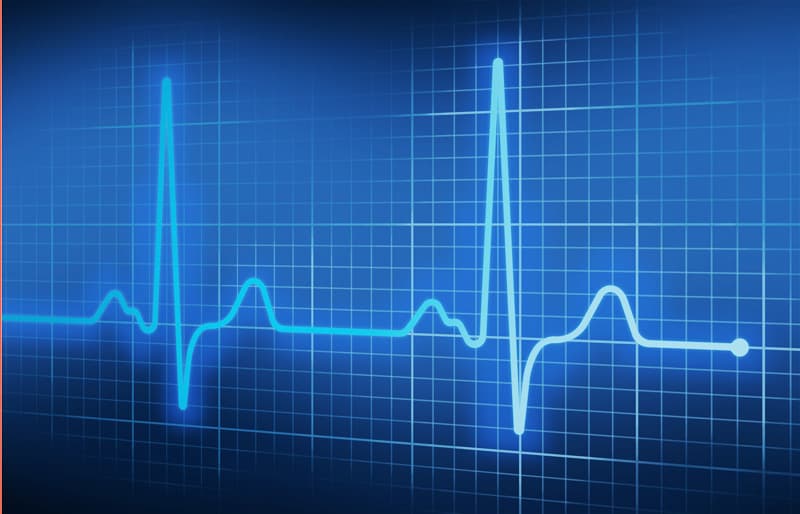
TAKE A DIAGNOSTIC
These team assessments are based on rigorous, multi-year studies, which uncovered the norms, behaviors and practices that top teams demonstrate.
Assessing team performance has many benefits. Assessments help teams gauge how they are doing against those practices and behaviors that contribute strongly to high team performance. In addition, assessment reports along with facilitated discussions can help a team pinpoint specific actions to improve its effectiveness. Further, by establishing a baseline measure, a team can then conduct follow-up assessments periodically to measure progress and fine-tune its performance.

High Performing Teams Diagnostic
This in-depth diagnostic helps teams develop a clear picture of what is working and not working. It provides feedback from two perspectives – the team and their stakeholders.

Team Health Check
All teams could use a periodic "tune-up." This quick assessment asks the team to share their perspective on how they are performing against the three major factors that drive high performing teams: Team Leadership, What the Team is Doing and How the team is working Together.

Team Emotional Intelligence Norms Assessment
Over fifteen years of research has shown that nine team EI Norms can help build a safe and productive social and emotional team culture. This quick assessment asks team members to provide their perspective on how well the team is currently demonstrating these nine team norms.
Detailed Assessment Information
Learn more about each assessment's purpose, timing, and how it can benefit your team's development and performance.

High Performing Teams Diagnostic
Purpose
All teams, from the C Suite to the shop floor, experience varying levels of effectiveness as they work to achieve their objectives on time and under budget. The High Performing Teams Diagnostic enables teams to measure their current level of effectiveness. It includes three on-line assessments, one for the team leader, one for team members, and one for stakeholders. They are all based on solid research that identified the behaviors and practices that drive high performing teams.
What is unique about this diagnostic is that it provides a team with feedback from key stakeholders and senior management. This additional perspective gives a team a more complete picture of how they see themselves as compared to how others see them.
This diagnostic comes with a customized report for team leaders to share with their team members. The results clearly call out strengths and areas needing improvement. This allows a team to quickly develop a focused action plan.
Timing
This diagnostic is best used after a team has been working together for at least six months. It takes approximately 20 minutes for members to complete. The stakeholder survey takes no more than 10 minutes. The resulting team discussion could take 1.5 – 2 hours, depending on the number of team members and items needing attention.

Team Health Check
Purpose
The Team Health Check is a fast and simple way to ask team members to provide anonymous feedback on the three factors that are critical to high performing teams – 1) Team Leadership; 2) What we do – Goals, Roles and Processes; and, 3) How we work together – the team's operating culture.
A customized report provides specific feedback on what is working and not working. Teams are encouraged to pick one or two items to focus on to keep them on track. The Team Health Check can be a stand-alone assessment taken once a year, or, can be used as an interim six-month follow-up to the Building High Performing Teams Diagnostic.
Timing
The Team Health Check requires less than 10 minutes for team members to complete. The resulting team discussion could take 1.5 – 2 hours, depending on the number of team members and items needing attention.

Team Emotional Intelligence Norms Assessment
Purpose
Teams that focus their attention on building understanding and alignment around nine research-based team emotional intelligence norms will have a much easier time creating a team culture where members feel safe, trusting and collaborative. This Survey helps members pinpoint How they can work more effectively together as a team.
- How members treat one another,
- How members operate and learn as a team, and
- How members engage their stakeholders.
Timing
This survey takes approximately 10 minutes to complete. The resulting team discussion could take 1.5 – 2 hours, depending on the number of team members and items needing attention.